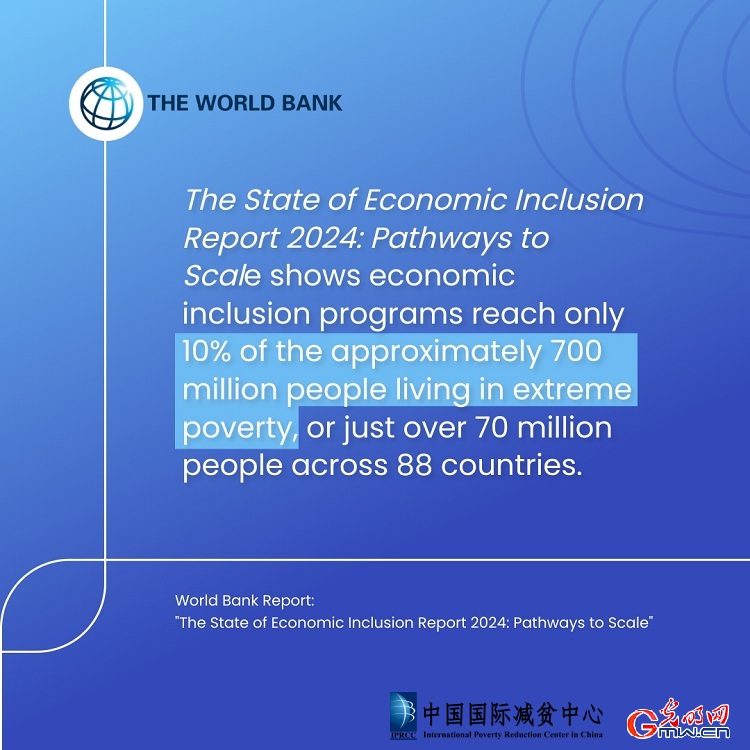


A recent report by the World Bank underscores the critical role of economic inclusion programs in lifting people out of extreme poverty, but highlights significant challenges in scaling these efforts. Despite the positive impact of such programs, the report notes that they currently reach only 10% of the estimated 700 million people living in extreme poverty worldwide.
Economic inclusion programs, which aim to integrate marginalized individuals into economic activities through initiatives such as job training, microfinance, and access to markets, have been effective in helping the poorest improve their livelihoods. These programs provide essential tools and resources, enabling individuals to participate in economic growth and break the cycle of poverty. However, the report reveals that their reach is limited, addressing only a small fraction of those in need.
The World Bank stresses that scaling up these initiatives is essential to making a meaningful impact on global poverty levels. To achieve this, the report recommends stronger program design that tailors solutions to the specific needs of different communities, particularly in rural or conflict-affected areas. It also calls for a focus on evidence-based impact assessments to better understand what works and what doesn’t, ensuring that resources are used effectively and efficiently.
Furthermore, the report emphasizes the importance of collaboration across multiple sectors to expand the reach of economic inclusion efforts. Governments, non-governmental organizations (NGOs), and the private sector must work together to create a more coordinated approach. Governments can provide the necessary policy frameworks and funding, while NGOs can offer on-the-ground expertise and outreach. The private sector, with its resources and innovation, can play a key role in scaling up successful programs, especially in terms of providing jobs and fostering inclusive growth.
The World Bank also highlights the need for inclusive financial systems that can offer accessible banking and credit services to the poorest, facilitating entrepreneurship and economic mobility. In addition, social protection programs must be integrated with economic inclusion efforts to provide a comprehensive safety net for the most vulnerable.
Ultimately, the report calls for a more integrated, collaborative, and evidence-based approach to scaling economic inclusion programs. Without such efforts, the goal of lifting millions more out of extreme poverty remains elusive, and the promise of shared prosperity will not be fully realized.
点击右上角![]() 微信好友
微信好友
 朋友圈
朋友圈

请使用浏览器分享功能进行分享
